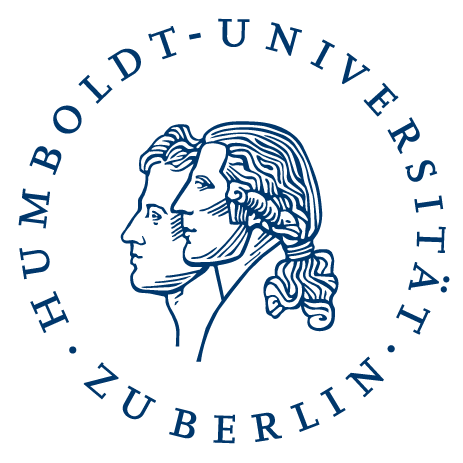Computer Says No: How Discrimination Can Creep Into AI
Date and time
Tuesday, 16 November 2021, 2 p.m. – 4 p.m. (s.t.)
Venue
Online
Participation
Free and open to the public
Please contact metis-online@hu-berlin.de with any accessibility needs
Organiser
Language
English
Speaker
Registration
Deadline: 14 November 2021
Please register with metis-online@hu-berlin.de
Further information
The partners of METIS warmly invite you to the second annual METIS Lecture. The METIS Lecture showcases research and researchers relevant to the topic of equal opportunities in academia.
This year’s lecture
In recent years, “the” computer “said no” to people in many different situations: no to a credit application, no to a job application, or no to an application for a new job training for an unemployed person. But how did “the computer” decide these problems? And did it decide fairly? What does it actually mean to make a fair decision? In this talk, Prof. Dr. Katharina Zweig will give an insight into how machine learning works and why the question of what is fair and what is not is still decided by humans.
With her talk, Professor Zweig will lay a foundation for computer scientists, equal opportunities professionals, and anyone with an interest in gender equality to work together to fight discrimination. For those already working with AI, she will explain which questions to ask and how to interpret decisions made by AI, in order to make sure that only fair systems are used and are used well.

About the speaker
Prof. Dr. Katharina Zweig works at the TU Kaiserslautern where she leads the Algorithm Accountability Lab and coordinates a new field of study called “Socioinformatics”. She was a member of the Enquetecommission on artifi- cial intelligence (2018-20), wrote a bestseller (“Ein Algorithmus hat kein Taktgefühl”) and has received multiple awards for her teaching and her science communication. In 2021, she will receive the Abt Jerusalem-Preis for excep- tional contributions to the dialogue between the natural sciences, social sciences, and the humanities.





